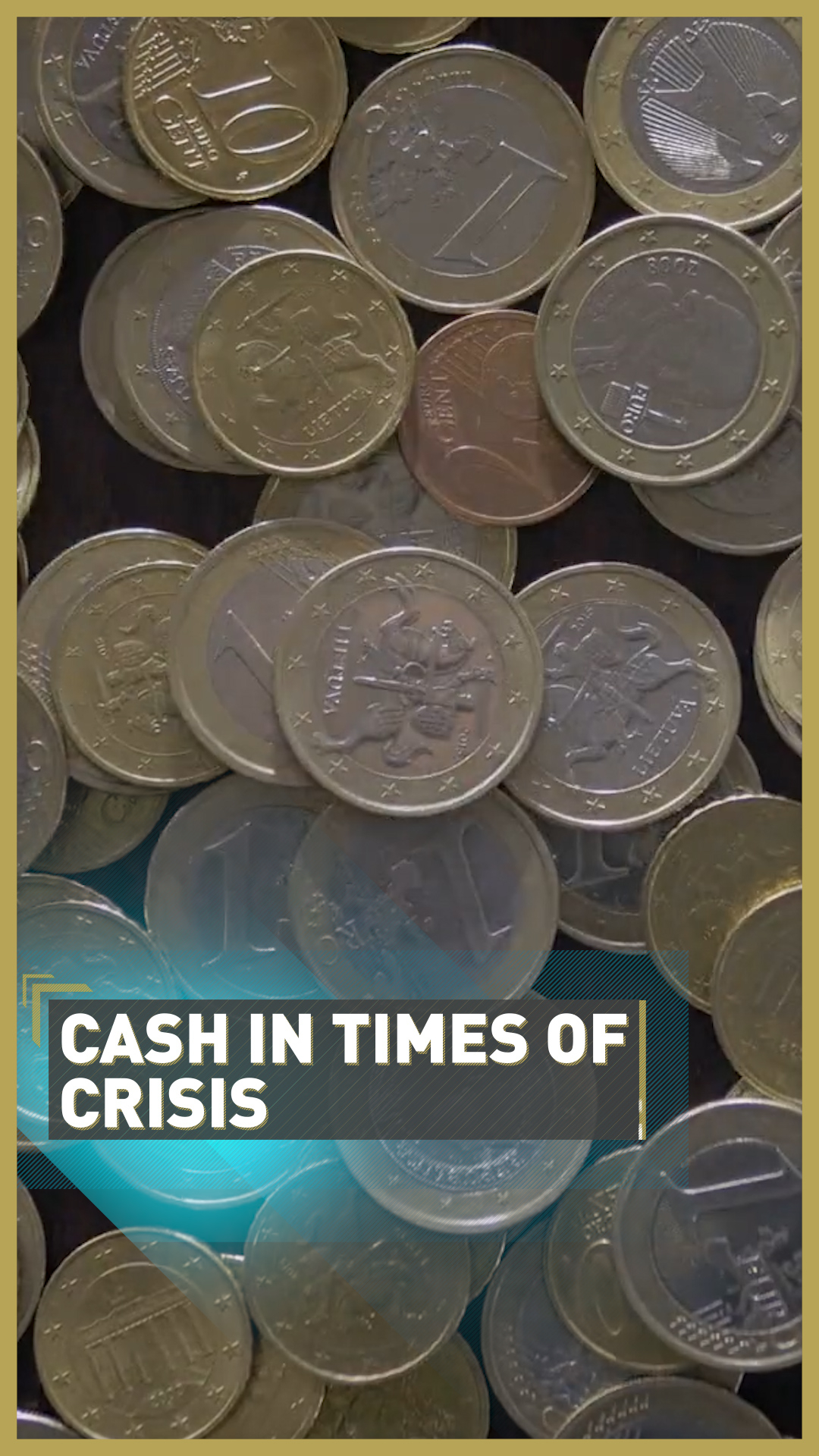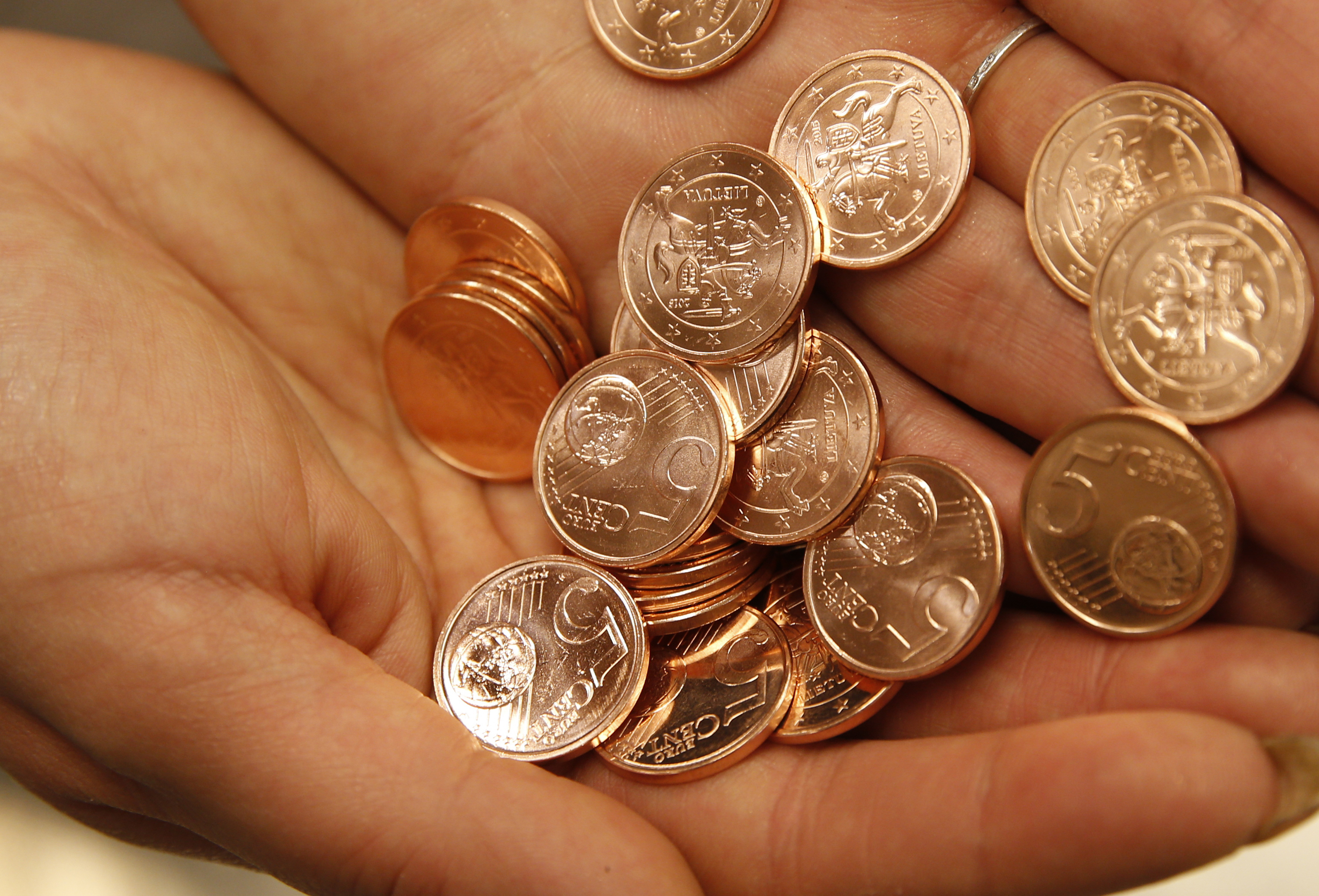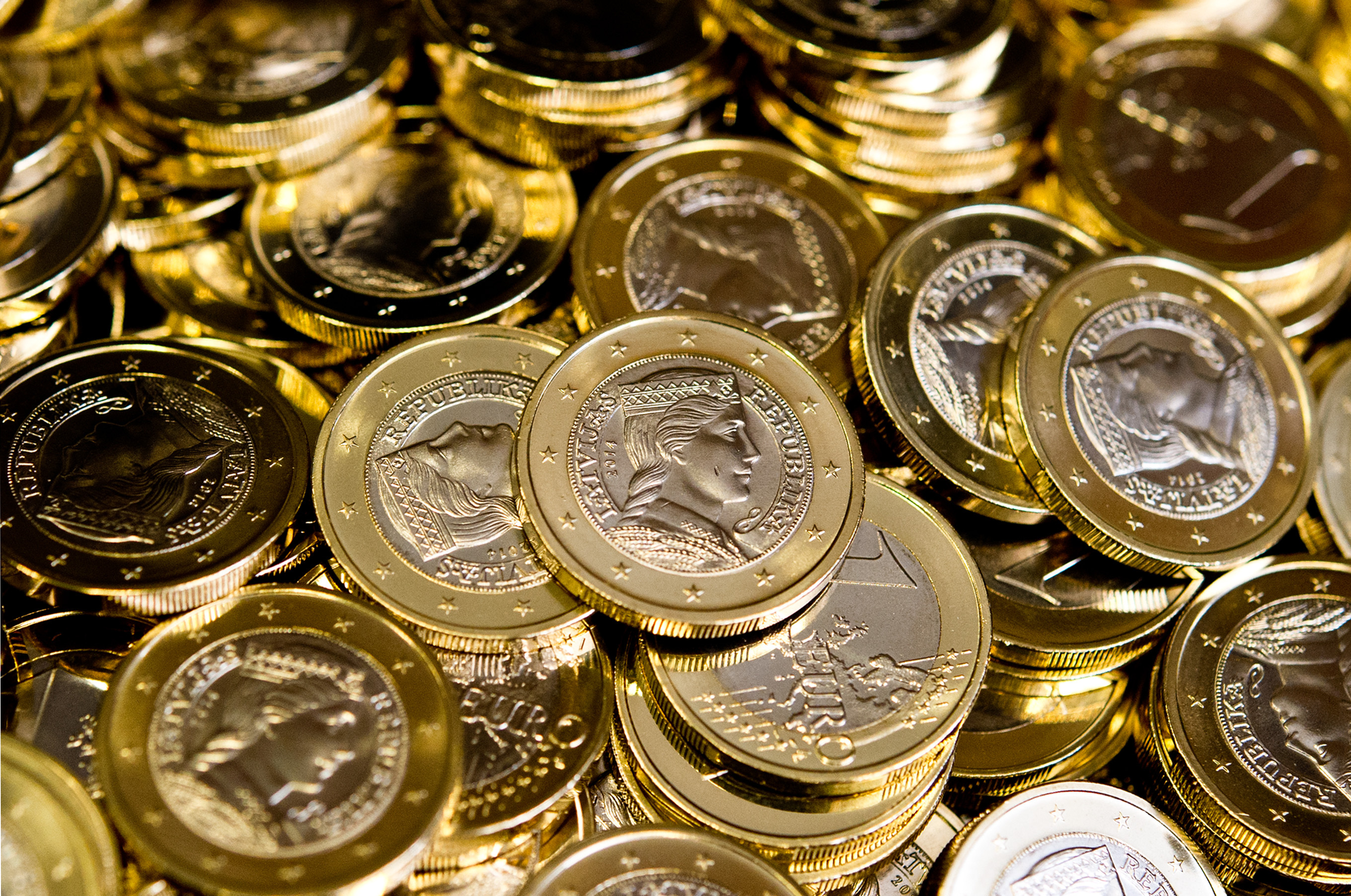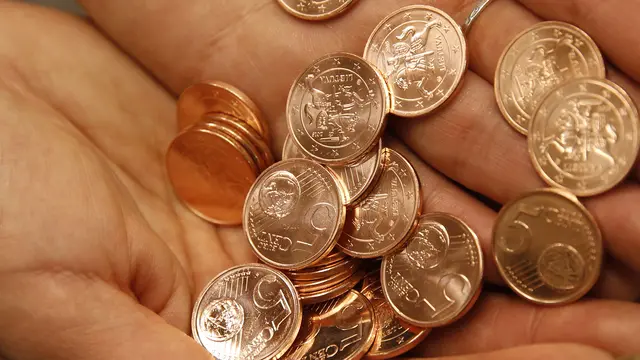03:42

The old adage goes "cash is king" and even amid the COVID-19 pandemic, this appears to be holding true. Despite warnings that cash might carry the virus and hamper efforts to stop the spread, demand for hard currency actually went up in Europe in March and April.
The amount of cash in circulation saw its biggest jump since 2008 in the middle of March, increasing by $20 billion, according to the European Central Bank (ECB).
But why is that happening? Wolfram Seidemann of the International Currency Association talked to CGTN Europe and explained that often in times of crisis, "people go back to the familiar."

Cash has actually been used more since the pandemic spread to Europe / AP Photo/Mindaugas Kulbis
According to the European Central Bank, which provides currency for the eurozone nations, March saw the biggest jump in demand for cash since the banking crisis in 2008. Some analysts have argued this was caused by people stockpiling, but even this points to consumers ignoring the advice to use contactless payment methods in favor of the method they know and trust.
"We see that if you look back into history, that cash has always been used more extensively in any form of crisis. And clearly, we are in a global crisis. So that's why we also see that people go back to the familiar, go back to what they know and use more cash," Seidemann explained.
"The strong increase in weekly demand seen last week is to a large extent likely to be explained by people spending more in supermarkets and shops due to uncertainty related to the coronavirus pandemic," an ECB spokesperson confirmed.
But it's not just relied on for shopping - the public and the banks both see cash as a safe haven (while some traders have flocked to gold, cash is much more available for most of us).
"Most people trust cash for good reasons because it's guaranteed value by the central bank and by the trust in the central bank. And central banks and the entire stakeholders in the cash cycle make sure that cash is available and cash is accessible to everyone," Seidemann told CGTN Europe.

The World Health Organization denied recommending using less cash, though other experts have warned it could carry the virus / AP Photo/dpa, Daniel Bockwoldt
A further problem that could arise is that cash runs out, if everyone rushes to the ATM. But so far, there's no evidence that's going to happen.
"The cash industry has done enough measures to ensure that suppliers of cash is not under risk at all. So you shouldn't be worried that cash runs out," he added.
But despite cash being used as much as ever, some countries like China and South Korea have recommended contactless card payment be used to stop the spread of COVID-19.
But scientists aren't agreed on this yet. The World Health Organization denied reports last month that it was advising consumers to avoid using coins and notes.
"WHO did not say banknotes would transmit COVID-19, nor have we issued any warnings or statements about this," WHO spokesperson Fadela Chaib told
MarketWatch.
Chaib was backed up by Lothar Wieler, the head of the Robert Koch Institute in Germany, which has been tracking the virus throughout Europe and the world.
"Transmission through banknotes has no particular significance," he told Reuters.
Video by Sam Cordell
Source(s): Reuters
 简体中文
简体中文



